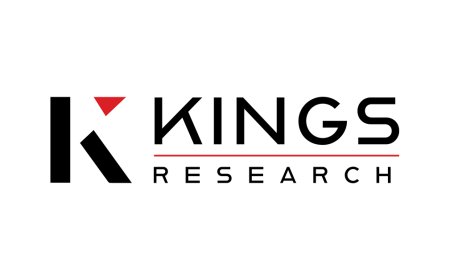The Power of Time Tracking: Boosting Productivity in Modern Workplaces
Discover how time tracking enhances productivity, boosts accountability, and improves project management in remote and hybrid workplaces. Learn key benefits and features.
Time is among the most important assets in a modern world that is much advanced in terms of the digital world. As a freelancer, a project manager, or a business owner, time management is what will help you be successful and not stagnate. Time tracking software has become an extremely important tool that allows making work more productive, creating workflows, and optimizing general performance by enabling individuals and teams to see how exactly the time they are spending is being utilized.
Why Time Tracking Matters
Improved Productivity
Understanding how time is allocated helps reduce distractions and encourages focused work. Time tracking motivates individuals to stay on task, minimize multitasking, and prioritize assignments more effectively. Over time, this method leads to increased productivity and better work quality.
Better Project Management
Time tracking tools enable more accurate estimates of project timelines and resource planning. Project managers can monitor progress, evaluate the time needed for each task, and make necessary adjustments to meet deadlines and reach goals efficiently.
Increased Accountability
When team members record their hours, a transparent environment is created where everyone is aware of their responsibilities. This clarity allows managers to evaluate performance consistently and identify any delays or issues that could impact workflow.
Accurate Billing
For freelancers and service-based businesses, time tracking offers a dependable foundation for precise billing. It protects both the client and the service provider by ensuring that invoices are based on detailed, verifiable records of the work completed.
Key Features of Time Tracking
Real-Time Monitoring
Time tracking enables the monitoring of tasks as they happen, offering visibility into ongoing workloads. This feature provides real-time updates on assignments and responsibilities, allowing managers to better coordinate resources and focus on critical activities.
Automated Timesheets
The process of recording hours becomes seamless through automation, minimizing manual input and reducing the chances of error. This efficiency helps in maintaining accurate records and saving administrative effort, while still delivering timely summaries of work activity.
App and Website Tracking
By analyzing digital behavior during work hours, time tracking can highlight usage patterns across different platforms. This insight assists in recognizing areas where time is spent inefficiently and in encouraging more purposeful work routines.
Project and Task Categorization
Organizing time data based on specific projects, clients, or tasks provides a structured view of how efforts are distributed. This clarity supports better time management decisions and highlights tasks that may require reevaluation due to excessive time consumption.
Benefits for Remote and Hybrid Teams
Promotes Trust and Transparency
Time tracking fosters transparency in work routines, creating a culture of accountability without the need for constant supervision. Managers gain a clearer understanding of work patterns, which contributes to mutual trust and operational clarity.
Identifies Bottlenecks
Work delays and inefficiencies can be identified more easily when time tracking reveals where tasks are getting held up. Recognizing such obstacles allows for timely adjustments in workflow and task delegation.
Supports Work-Life Balance
Tracking time helps in maintaining a healthy balance between work and rest. It becomes easier to spot signs of overworking, enabling leaders to promote reasonable workloads and encourage time-off where needed.
Choosing the Right Approach to Time Tracking
Ease of Use
An uncomplicated and accessible system promotes consistent engagement. When the process is simple, individuals are more likely to adopt it as part of their routine.
Integration with Daily Operations
Time tracking that fits naturally within existing workflows supports smoother operations. Aligning the process with current practices helps avoid unnecessary disruptions and keeps productivity intact.
Insightful Reporting
The ability to generate clear, meaningful summaries from tracked data supports informed decision-making. Detailed reporting reveals performance trends, time allocation, and opportunities for improvement.
Respect for Privacy
Responsible time tracking also considers individual boundaries. When implemented with privacy-conscious settings, such as giving users the ability to define their tracking limits or opt in voluntarily, it helps build trust and improves team cooperation.
Conclusion
Time tracking is not just a productivity tip but also an effective way to boost performance, improve project outcomes, and increase accountability. Organizations can transform how they manage their time and foster more efficient and engaged teams through the right time tracking software and strategy. Having a time tracker is an investment you should consider, whether you are a solo entrepreneur or a business owner with a growing company.







































